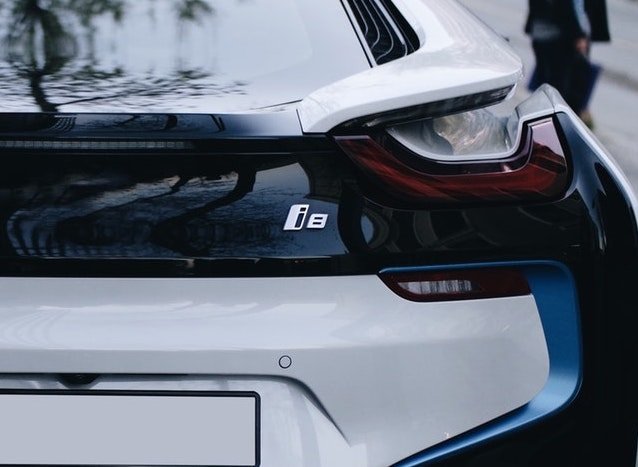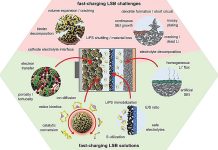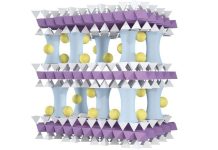
A new study from Carnegie Mellon University has shown that better battery recycling can help cut electric car emission.
It is known that electric vehicles can help reduce the greenhouse gas emissions of the transportation sector in the long run.
However, the current battery recycling policies and processes are designed for the relatively low size and volume of consumer electronic batteries.
They are not appropriate for new lithium-ion batteries used in electric or hybrid-electric products.
In the present study, the researchers presented new a path helping improve recycling processes for battery makers and policymakers.
They examined how a direct cathode recycling process can help cut greenhouse gas and energy consumption compared to other recycling processes.
In the new process, battery recycling focuses on keeping the cathode materials intact so they can be used in future batteries.
For example, lithium-ion batteries usually use lithium to carry the charge, but their cathodes can be made out of other materials, including nickel and manganese.
When this is done, direct cathode recycling will reduce the greenhouse gas emissions and the new batteries from the materials can be cheaper.
The researchers suggest that technology is not the only thing that can help lower greenhouse gas emission.
Policies can mandate the implementation of recycling processes.
In addition, policies for lithium-ion battery recycling can help motivate the collection of automotive lithium-ion batteries and ensure the recycling helps reduce greenhouse gas emissions.
According to the researchers, if technology and policy can work together, recycling processes for lithium-ion batteries may help electric cars reduce greenhouse gas emission.
The research is published in Nature Sustainability.
Copyright © 2019 Knowridge Science Report. All rights reserved.



